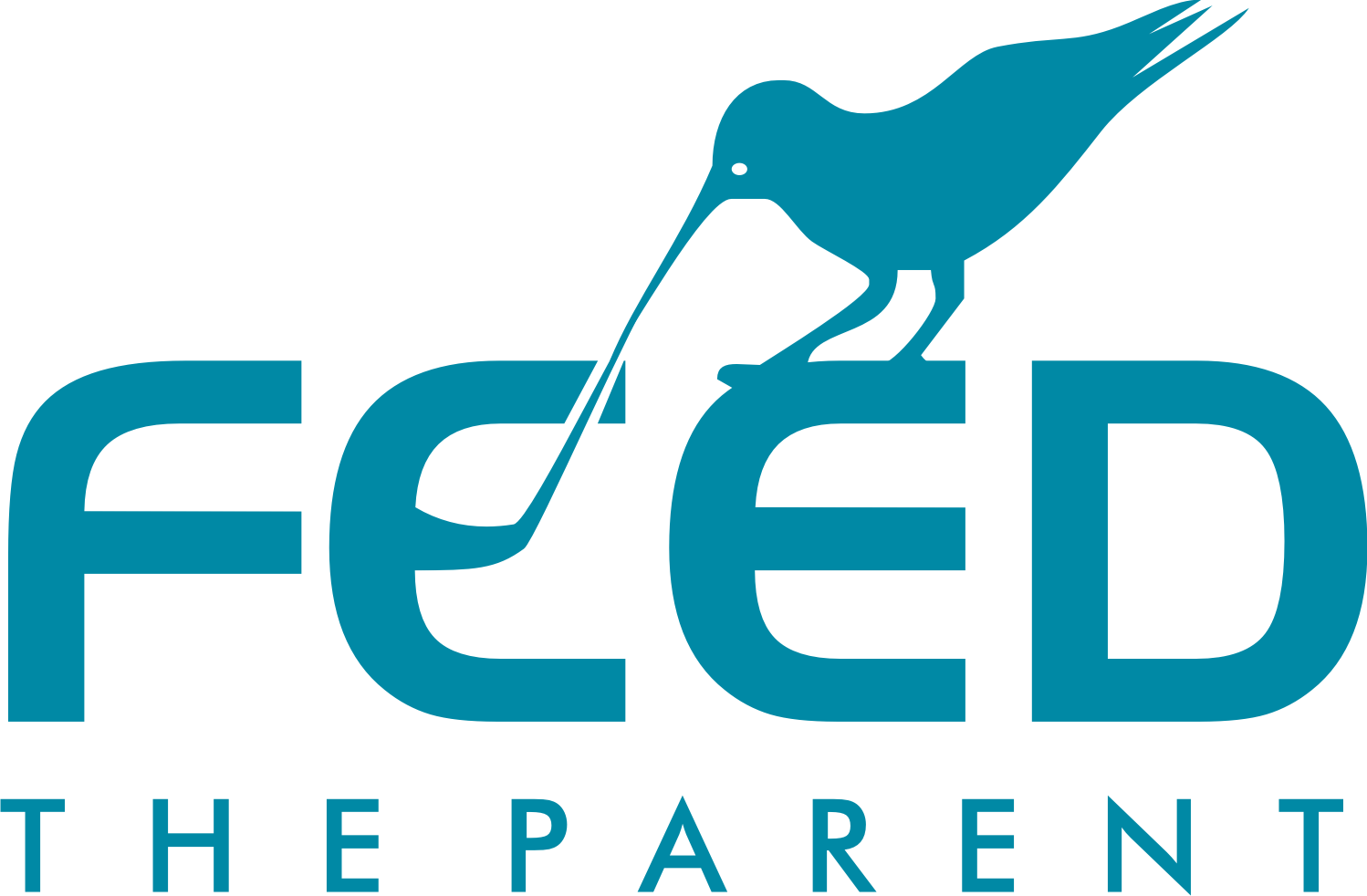Have you heard the modern parenting advice not to say to your kids “You’re a good girl” or “You’re a bad boy”? Instead we are told to focus on the child’s actions: “That’s a great job you’ve done of putting away your toys.” Or “Hitting is not okay. See how you’ve made your brother cry?”
But saying “good girl” and “good boy” is almost a reflex action for most people of all ages – it’s hard to break. So what really is the harm?
Well, here’s the thing. Your kids don’t have a perception about themselves as a separate entity who is either good, bad, clever or stupid. It’s never occurred to them! So when we use this kind of language we are literally creating their sense of self for them – we are teaching them who they are with our words.
I recently read a personal blog written by a mother who sits with her kid every day and tells him he’s a “good boy”, “strong boy”, “loveable boy”, “kind boy” and so on. And she gets him to repeat it after her. (It’s like the affirmations that you’ve probably been told to repeat daily as a way to get your dream job or whatever!)
But one day her son said to her “And I’m a handful”. She was shocked! She’d never said that word to him so obviously he’d heard it from other people – relatives, child carers or whoever. So her blog was a plea to other people to stop labeling kids and to stop talking about kids negatively in front of them.
Fair enough, I thought. It is pretty rude saying things like “He’s a handful” or “He’s a wild child” in front of the child.
But I believe that, equally, it’s not that useful to run through the affirmations and repeat-after-me performance each day (even if they do go viral as Facebook videos!).
The thing is, young kids don’t see themselves as a permanent, ongoing entity and it doesn’t occur to them to wonder if they are - in general - bad, good, fast, slow, smart or stupid.
We adults are creating (a) the idea of comparison (eg. that you’re smart because you’re smarter than other kids) and (b) the idea that you are this thing all the time (fast, smart, good etc).
So let’s not teach them that they are (or should be) a particular type of person – let’s not give them a label. And let’s not build up their “egos” well before it’s absolutely necessary!
The good advice from modern parenting experts is to focus on the behaviour of the child that you want to encourage eg. “Great drawing Ben, I love it.” Or “Wow you really made such a great effort cleaning your dolls house today. Look how clean it is!” Or when you don’t have much time just say “Great job” or “Well done”.
This is good advice. This is how kids feel good about themselves – just by doing things and feeling good about it.
But it’s even better if we can take it a step further and also praise their efforts regardless of the outcome – so don’t just praise them when they did something well, but make a point of praising their effort or passion for something. For example “I saw how much you enjoyed doing playdough today – you did it all afternoon!” or “Wow you ran so fast down our road, you must have been trying really hard!”
Of course the main way children learn to feel good about themselves is when their parents and other key people in their lives show them they love them – and especially that they love them regardless of how they are (bright, slow, funny, serious whatever). So showing them that you love them is key – whether through words or cuddles or eye contact with smiles but, just as importantly, with one-to-one time spent playing or chatting with them.
But crucially we need to show them we love them even when they aren’t being “good”. So when they misbehave or have a meltdown we need to still be there to cuddle them (once we calm them down or have told them hitting is not okay). We need to make sure we never push them away from us even when they are being really difficult. We may not accept their behaviours, but it's important to show them we accept them even when they make mistakes.
So here’s my summary of recommended language to drop or add to our repertoire:
1. Avoid saying things like “naughty boy” or "you're a handful" as it might lead them to believe this is true about them all the time (and that Santa won’t come at the end of the year!).
2. Avoid using affirmations about them like "you’re a good girl”, “strong girl”, “loveable boy” etc – for the same reason. And because they need to feel loved and accepted even when they are clearly not being “good” or “strong”.
3. Find better ways to support their positive sense of self by praising their actions and the outcomes – but don’t forget to also praise their good efforts (even if the outcome isn’t amazing!).
4. The most important way to raise a child with healthy self esteem is to show them we love them (with words and body language and by spending one-to-one time with them).
5. And what’s crucial is to show them we love them even when they misbehave, get overwhelmed or stuff up.
Until next time,
xx Suzie

